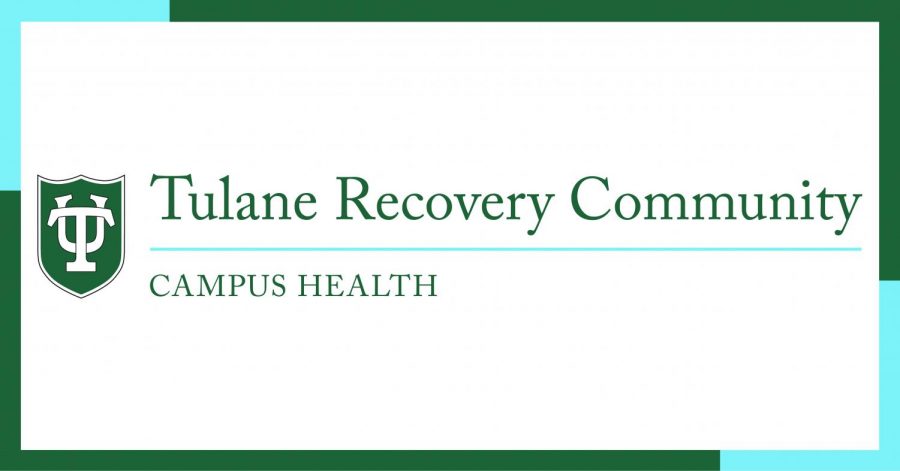Tulane’s recovery program deserves more support
The following is an opinion article and does not reflect the views of The Tulane Hullabaloo.
Collegiate recovery, originated in the 1970s, aims to help students recover from addiction and is typically associated with sobriety. In its 2019 Impact Report, the Association of Recovery in higher education lists 140 member institutions including Tulane. Tulane’s inclusion in a list that boasts active efforts in aiding vulnerable students is unfortunate, as it gives the impression that Tulane is doing everything possible in assisting students’ paths to recovery. The school isn’t.
Writing in the Philadelphia Inquirer, Professor Jillian Bauer-Reese of Temple University said, “the ARHE designation is admittedly an unreliable barometer.” It’s also the only “barometer” available.
Even in the wake of its infamous 2017 “No. 1 party school” designation by the Princeton Review, Tulane still lags behind peer institutions. In her Inquirer article, Bauer-Reese wrote that some universities provide more sober resources than others. Some “have paid staff and recovery housing,” she writes. Others have “just a student-run recovery group.”
On the spectrum of schools, Tulane falls somewhere in the middle. No sober housing exists. The university does employ one person who runs its “recovery group.”
Based on the group’s website and conversations with Recovery Community Manager Jacob Goldberg, the Tulane Recovery program is a social club. Its mission is to provide resources for university community members in sobriety. These resources include but are not necessarily limited to: weekly meetings located in Warren Hall, a soon to be established off-campus headquarters, and group weekend and holiday retreats. Tulane Recovery is focused on raising awareness about substance abuse disorder by increasing visibility on campus.
Anyone affiliated with the university is welcome. The group is willing to accept people, whether they be sober, sober-curious or in the throes of an active addiction. Tulane Recovery does not endorse any specific sobriety programs such as Alcoholics Anonymous.
Only five undergraduates attended the first meeting on Tuesday, Feb. 11. To put that figure in perspective: 6,773 students are enrolled here. One law student, a professor from Xavier and Goldberg himself came as well. Their inclusion brought the total number of people to eight.
The meeting was already more than Tulane students in recovery had ever received from the school. The university’s provision of resources toward this club is commendable, but additional efforts could be made. It is time for sober housing on Tulane’s campus. Sober living is considered “make or break” in avoiding relapse by many recovery experts, and it is vital that the utmost support is given to Tulane students struggling with addiction.
Anyone interested can attend meetings at 6:30 p.m. in Warren Hall, Lounge 1PS1 on Tuesdays and Thursdays.
Your donation will support the student journalists of Tulane University. Your contribution will allow us to purchase equipment and cover our annual website hosting costs.



